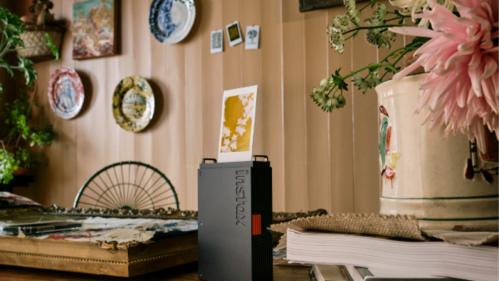
While they are DEFINITELY not pleasant, head lice are nothing to be embarrassed or ashamed about. In fact, most people will catch them at least once in their life, and it most certainly doesn’t reflect poorly on how you look after your kids.
1. So what are head lice exactly?
2. Here's what you need to know:
 3. How can you stop your child catching them?
4. What should you do if your child has head lice?
SHARE so everyone knows the facts!
3. How can you stop your child catching them?
4. What should you do if your child has head lice?
SHARE so everyone knows the facts!
Head lice are tiny parasitic insects that generally live on the scalp, enjoying your body heat. Hiding in your hair, they feed on blood and can cause the scalp to feel itchy.
A louse can live for up to 30 days and is capable of laying eight eggs each day. Eggs, also known as nits, are attached to the hair and can be brown, tan or yellow in colour. Once the louse has hatched, the eggs become white or even transparent.
- Head lice are reddish-brown wingless insects.
- They do not live on pets.
- They feed on human blood three-to-four times daily.
- Head lice can't live off the human host for more than 24 hours.
- Females can lay up to 100 eggs and require just one mating to be fertilised.
- They are able to reproduce in 10 days; live eggs hatch in seven-to-10 days.
- Head lice are mainly transmitted by head-to-head contact but can also be spread through the sharing of personal articles.
- Despite the myth, they can't hop, jump or fly.
If you are unsure whether your child has head lice or not, you can find out how to check for lice here. It’s best to make sure that your child does have lice before you begin treatment.

Unfortunately, there isn't much you can do to completely prevent your child from catching them. The main thing you should do is warn your child to avoid head-to-head contact with other children and not share hairbrushes or hair accessories.
Hedrin have a great preventative conditioning spray called Protect & Go, which is clinically proven to help protect against head lice. The water-based treatment can be applied to wet or dry hair after shampooing and disrupts the life cycle of head lice, preventing an infestation.
If you discover your child has head lice, you should notify their teacher immediately. Schools will often send a note home when another parent informs them that a child has lice or if the school has noticed a outbreak in the school.
For more information on the Hedrin range, click here.





